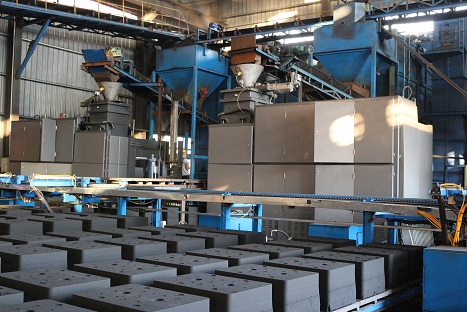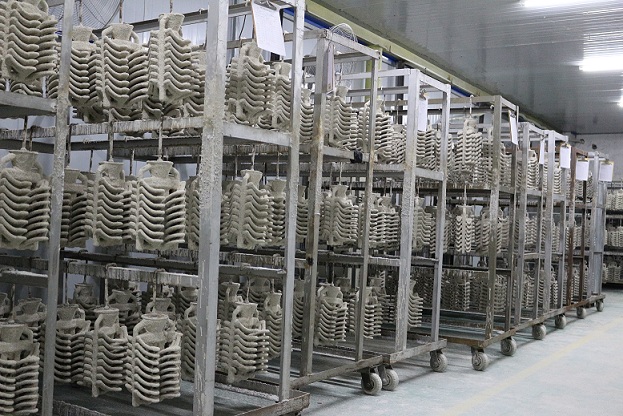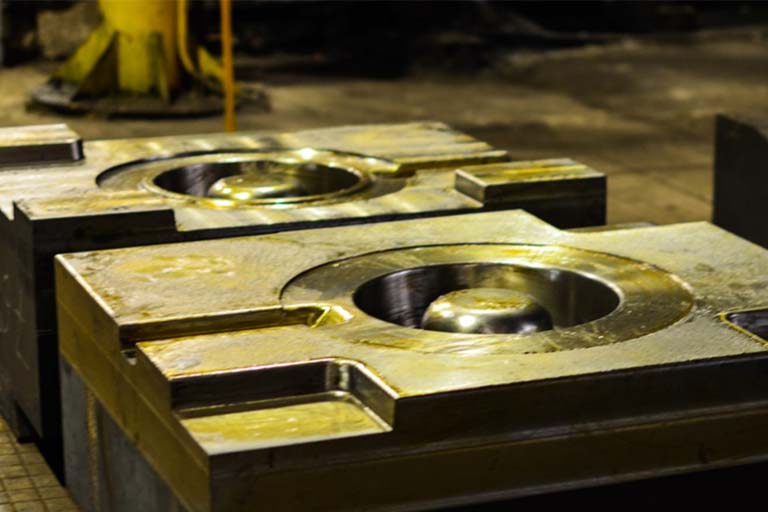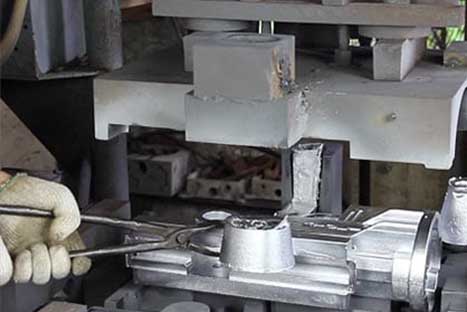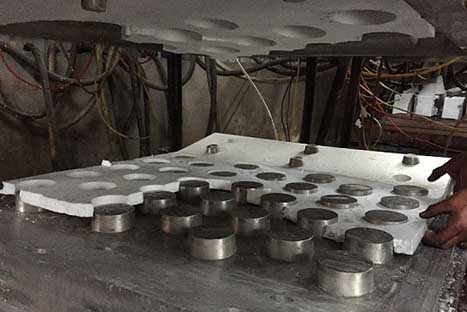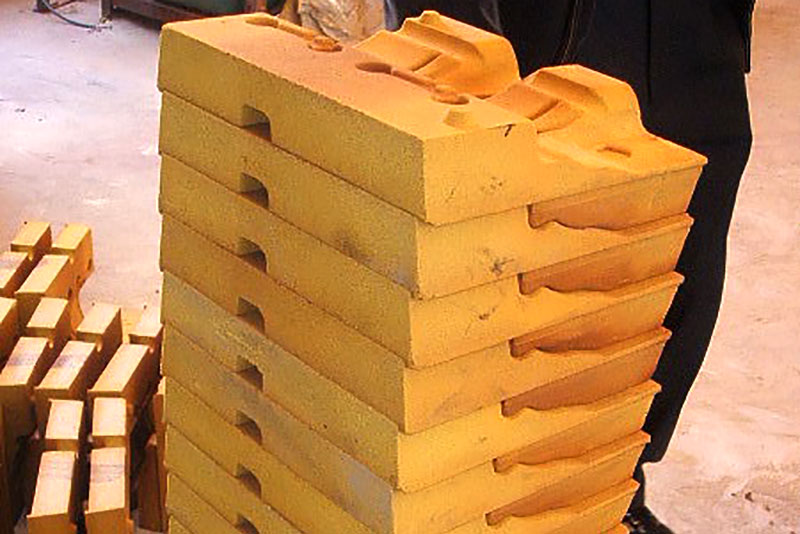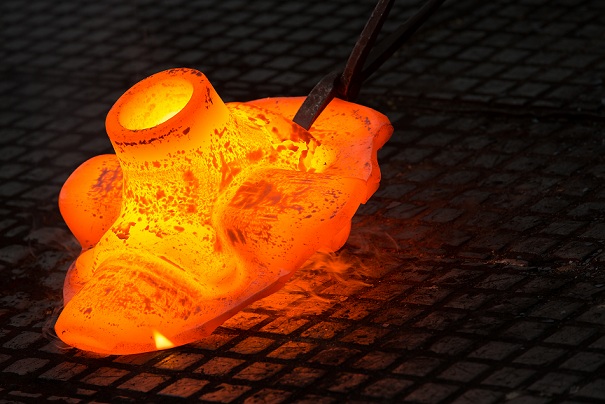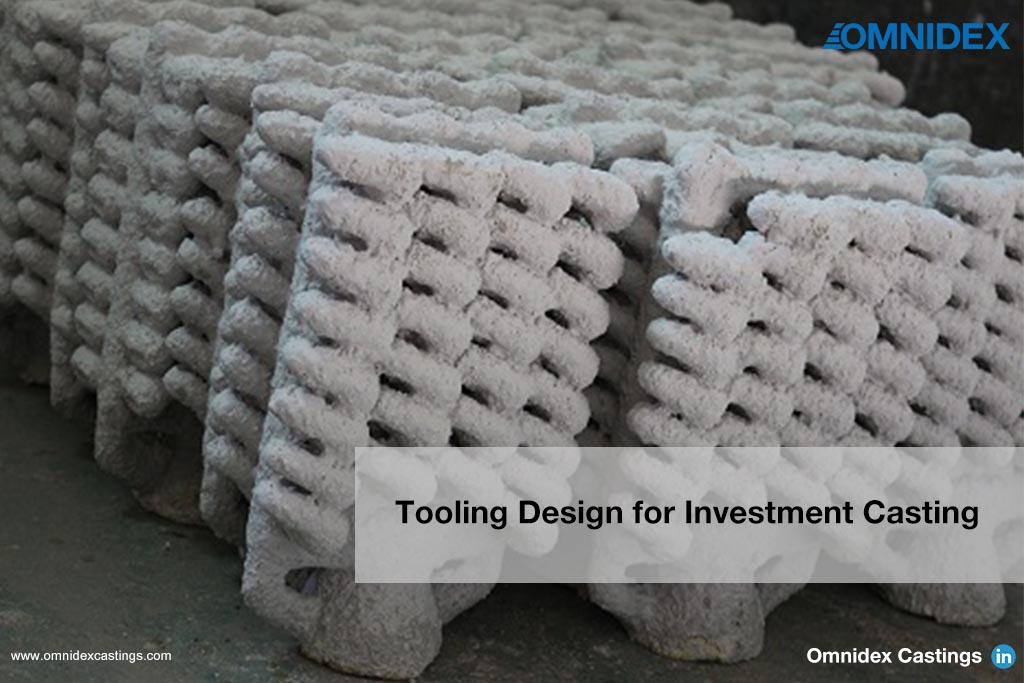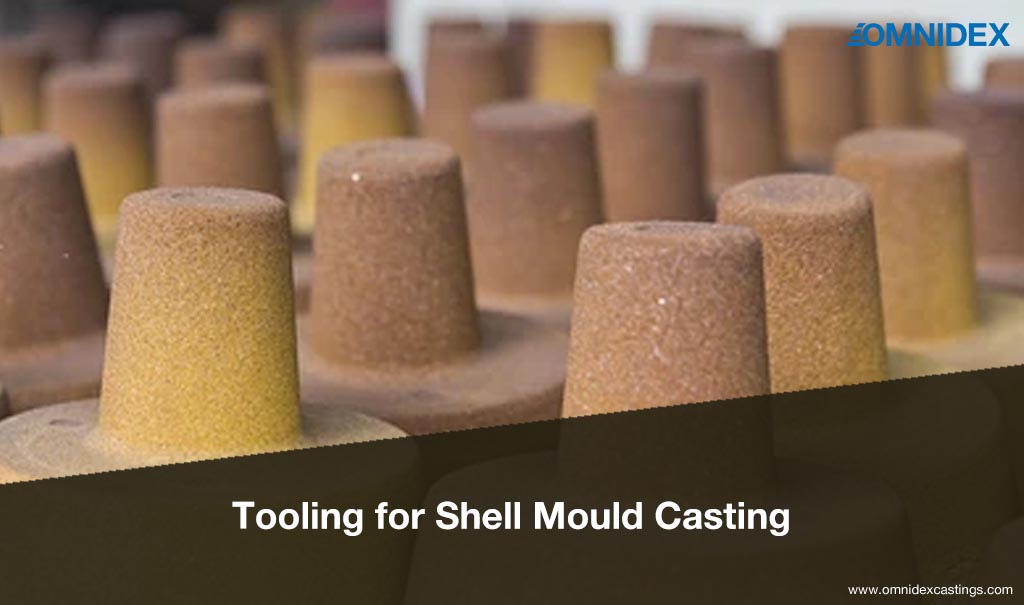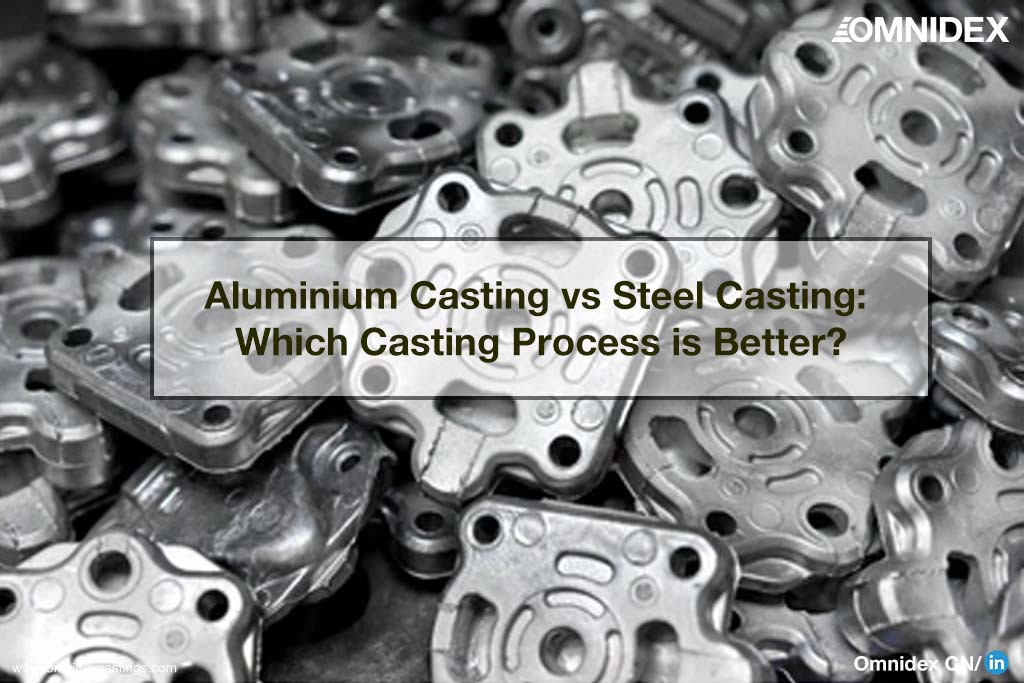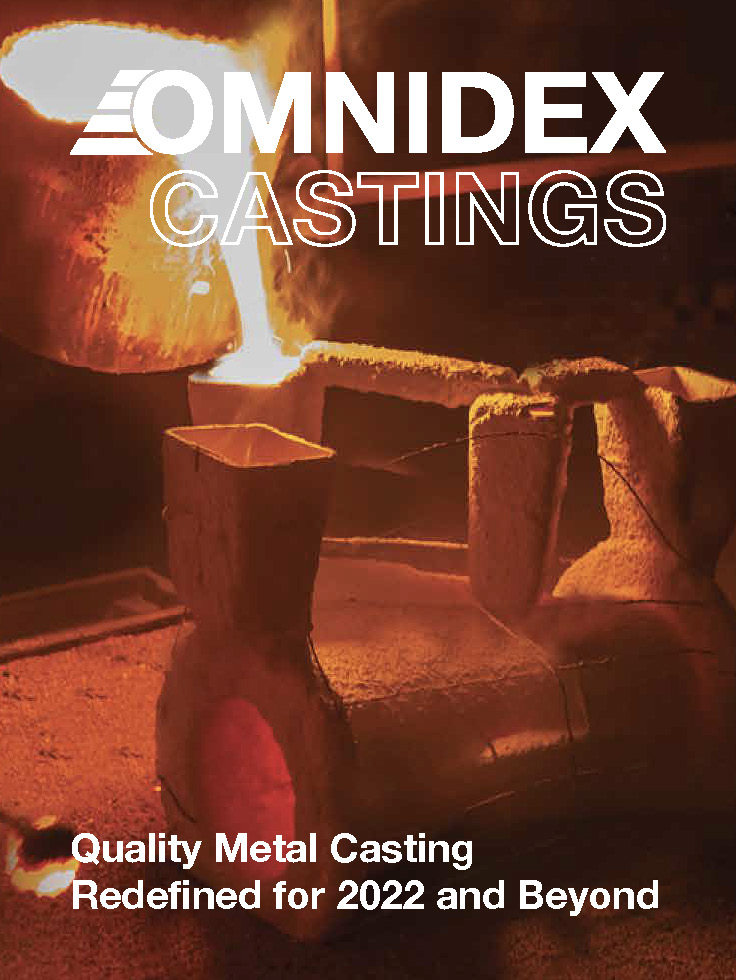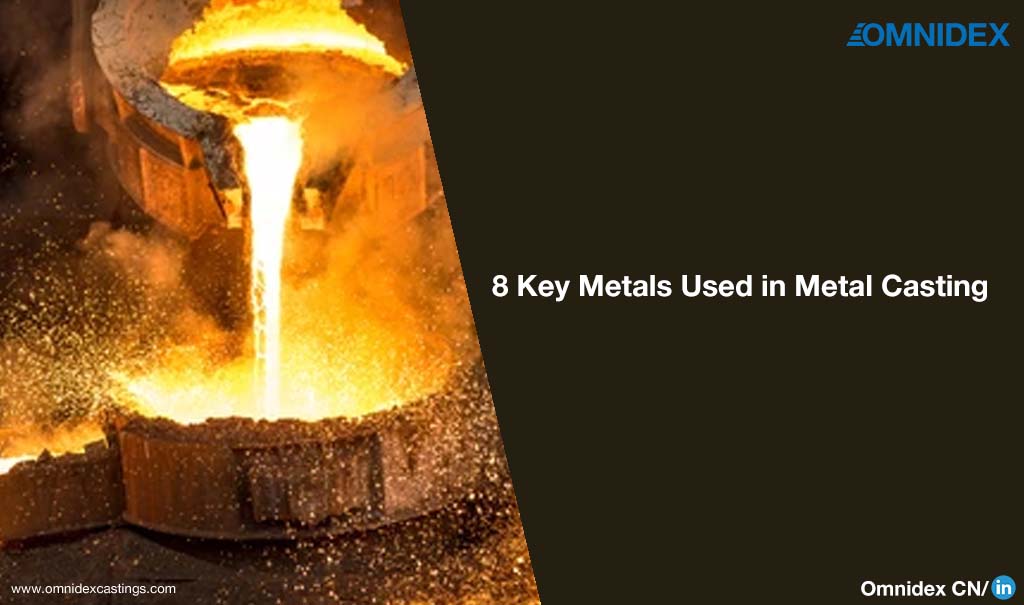
8 Key Metals Used in Metal Casting
Metal casting is a highly versatile method for manufacturing complex geometries and high-performance components. You can determine the quality and durability of your metal cast component by choosing the right metal for your component. Read on to find out which metal is the best for your manufacturing requirements and learn more about the most commonly used metals for metal casting.

